
Breaking News
 RAY DALIO SAYS THE MONETARY ORDER IS BREAKING DOWN...
RAY DALIO SAYS THE MONETARY ORDER IS BREAKING DOWN...
 2026 - The Year US Hegemony Ends?
2026 - The Year US Hegemony Ends?
 Censorship Lawsuit Big Tech Hoped Wouldn't Happen
Censorship Lawsuit Big Tech Hoped Wouldn't Happen
 House Oversight Panel votes to advance contempt resolutions against the Clintons
House Oversight Panel votes to advance contempt resolutions against the Clintons
Top Tech News
 The day of the tactical laser weapon arrives
The day of the tactical laser weapon arrives
 'ELITE': The Palantir App ICE Uses to Find Neighborhoods to Raid
'ELITE': The Palantir App ICE Uses to Find Neighborhoods to Raid
 Solar Just Took a Huge Leap Forward!- CallSun 215 Anti Shade Panel
Solar Just Took a Huge Leap Forward!- CallSun 215 Anti Shade Panel
 XAI Grok 4.20 and OpenAI GPT 5.2 Are Solving Significant Previously Unsolved Math Proofs
XAI Grok 4.20 and OpenAI GPT 5.2 Are Solving Significant Previously Unsolved Math Proofs
 Watch: World's fastest drone hits 408 mph to reclaim speed record
Watch: World's fastest drone hits 408 mph to reclaim speed record
 Ukrainian robot soldier holds off Russian forces by itself in six-week battle
Ukrainian robot soldier holds off Russian forces by itself in six-week battle
 NASA announces strongest evidence yet for ancient life on Mars
NASA announces strongest evidence yet for ancient life on Mars
 Caltech has successfully demonstrated wireless energy transfer...
Caltech has successfully demonstrated wireless energy transfer...
 The TZLA Plasma Files: The Secret Health Sovereignty Tech That Uncle Trump And The CIA Tried To Bury
The TZLA Plasma Files: The Secret Health Sovereignty Tech That Uncle Trump And The CIA Tried To Bury
Asgardia, the world's first 'space nation', takes flight
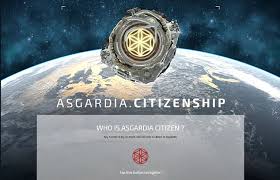
The world's first "space nation" has taken flight.
On November 12, Asgardia cemented its presence in outer space by launching the Asgardia-1 satellite.
The "nanosat" -- it is roughly the size of a loaf of bread -- undertook a two-day journey from NASA's Wallops Flight Facility in Virginia, the United States, to the International Space Station (ISS).
It contains 0.5 TB of data belonging to 18,000 of Asgardia's citizens, such as family photographs, as well as digital representations of the space nation's flag, coat of arms and constitution.

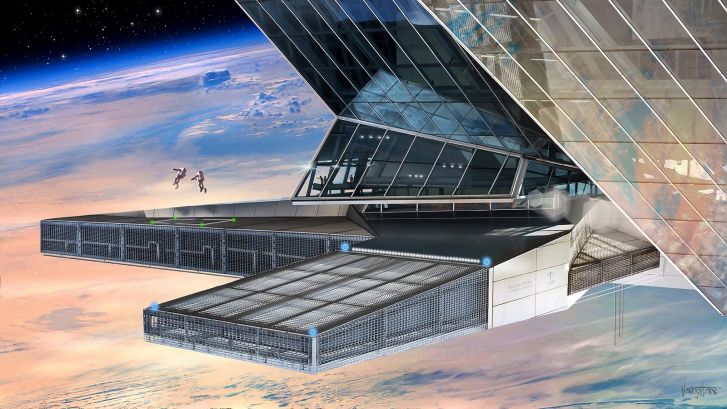
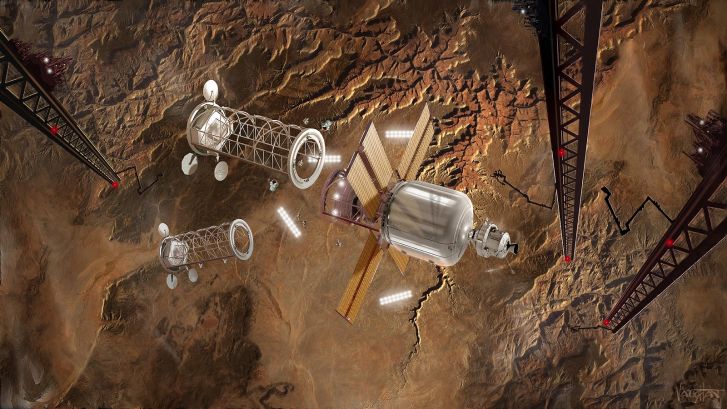
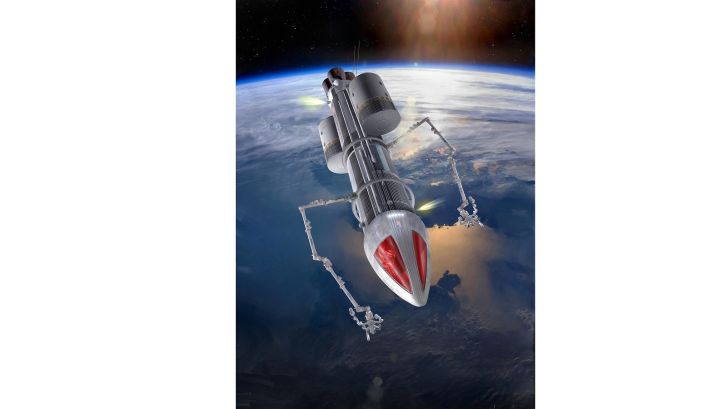
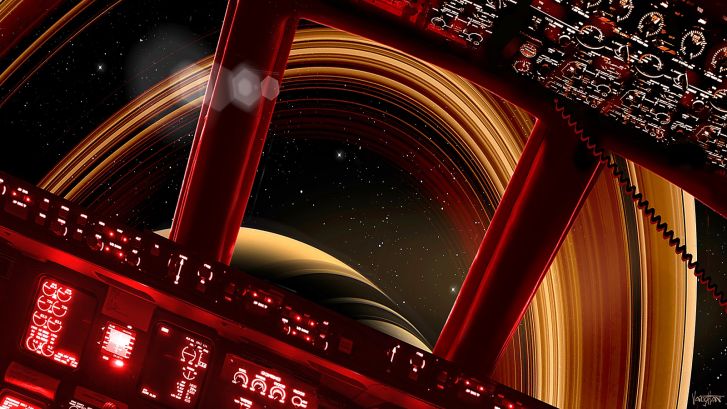
1/5 – Asgardia
Asgardia is the brainchild of scientist Dr Igor Ashurbeyli, who wants to create a nation in space for earthlings. Credit: James Vaughan
Russian scientist Dr Igor Ashurbeyli founded the world's first independent nation to operate in outer space in October 2016.
Named after a Norse mythological city of the skies, Asgardia is free to join and so far, about 114,000 people have signed up.
Ashurbeyli says the project's mission is to provide a "peaceful society", offer easier access to space technologies, and protect Earth from space threats, such as asteroids and man-made debris in space.
While Asgardia's citizens will -- for the time being -- remain based on earth, the satellite launch brings the nation one step closer to space.
The satellite's mission
Asgardia-1 made its journey to the ISS aboard the OA-8 Antares-Cygnus, a NASA commercial cargo vehicle.
Now it must wait for about three weeks as vital supplies and scientific equipment are transferred from the NASA ship to the six people currently living at the ISS.

 Nano Nuclear Enters The Asian Market
Nano Nuclear Enters The Asian Market


